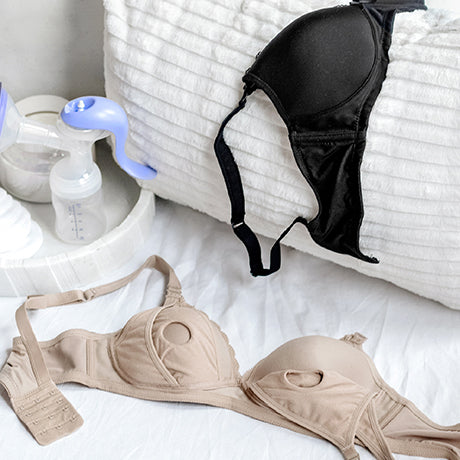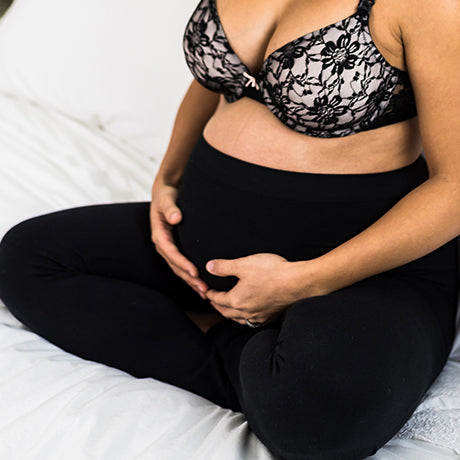Perinatal Mental Health: Prenatal & Post-Partum Mental Health
Most new moms are aware of two things: first, being pregnant brings on a new set of worries and stressors. Secondly, post-partum depression is a serious issue that many new moms face. What many women don’t know is that these two mental health issues are interconnected as part of a perinatal mental health continuum.
Women usually experience a variety of symptoms during pregnancy. Some are less-than-pleasant physical side-effects like swollen feet, an aching back and nausea. Others are emotional responses that affect mental health. You may know these as “what ifs;” essentially these are worries that consume your mind. Sometimes they are rational and grounded, other times they are highly unlikely and unfounded. But either way, they are very real in the eyes of a pregnant woman and should not be overlooked. In fact, this prenatal anxiety may be the beginning of post-partum depression, according to The Lancet Psychiatry.
 Prenatal and post-partum anxiety and depression can be caused by a variety of factors including a mother’s pre-existing mental health condition, genetic mental health risk and health concerns that arise during pregnancy. Often a health concern during pregnancy, such as little to no movement from the baby, gestational diabetes, or preeclampsia, becomes a major stressor and can lead to excessive worrying and anxiety. After the baby is born and hormone levels take a nose dive, up to 20% of new moms experience some level of depression. Plus, the stress of learning to take care of a newborn and fatigue can further exacerbate any new moms’ mental state.
Prenatal and post-partum anxiety and depression can be caused by a variety of factors including a mother’s pre-existing mental health condition, genetic mental health risk and health concerns that arise during pregnancy. Often a health concern during pregnancy, such as little to no movement from the baby, gestational diabetes, or preeclampsia, becomes a major stressor and can lead to excessive worrying and anxiety. After the baby is born and hormone levels take a nose dive, up to 20% of new moms experience some level of depression. Plus, the stress of learning to take care of a newborn and fatigue can further exacerbate any new moms’ mental state.
It’s important for new moms to realize that prenatal and post-partum depression is not their fault. These mental health conditions are a natural response and should not be dismissed by mothers, partners or care-givers. Sharing negative feelings and extreme emotional responses is crucial to the health of moms and their babies. During pregnancy, stress hormones can greatly affect the development of babies in utero. Post-partum depression can lead to unhealthy habits for mothers including poor diet, drinking, smoking or other risky behaviors, and can affect how mothers care for their babies. Babies need lots of love and attention immediately after birth, which is why breastfeeding, skin-to-skin contact and responding to cries is so important for the wellbeing of a newborn. Depression can severely impede maternal instinct to protect and nurture her baby.
The good news is that most perinatal mental health issues can be addressed and resolved fairly easily and quickly. Through support groups, individual therapy, a change of environment or leaning on a strong social network can greatly improve a mother’s tendency to worry and fall into anxious habits or depression. Also, remaining physically active, finding ways to relax and engaging in activities the mother enjoys all support mental health. If these solutions don’t help, some anti-anxiety and anti-depression medications are safe during pregnancy and while breastfeeding. Mothers should discuss and weigh their mental health concerns with the side-effects of medication with their medical team – including the mother’s OBGYN and the baby’s pediatrician – to make the best choice for both mother and child.
Studies of perinatal mental health show the connection between prenatal and post-partum conditions. Therefore, stress, anxiety and depression should be managed early during pregnancy to avoid potential long-term risks for the mother and baby. In most cases, perinatal mental health conditions are easily manageable when recognized early and treated properly.
The post Perinatal Mental Health: Prenatal & Post-Partum Mental Health appeared first on Leading Lady.





